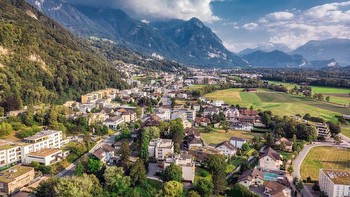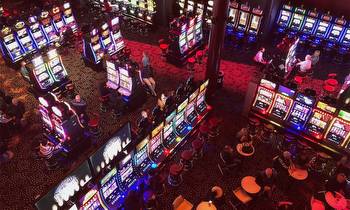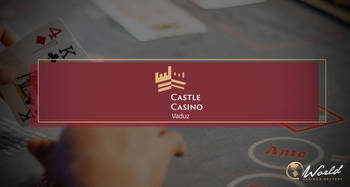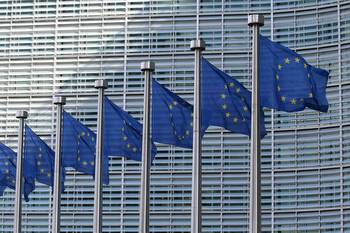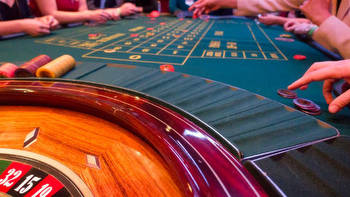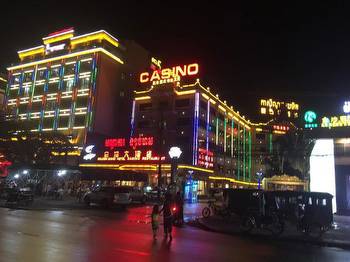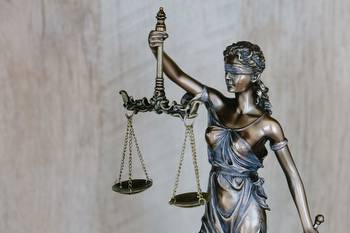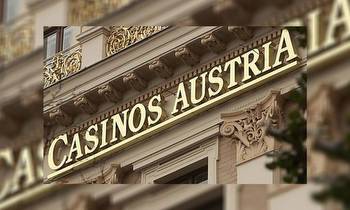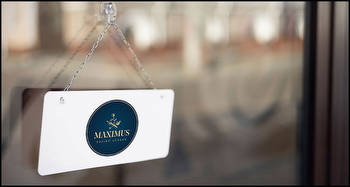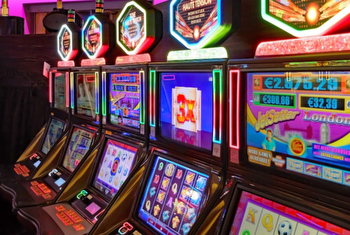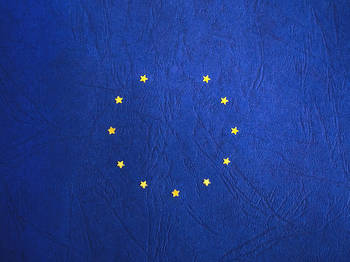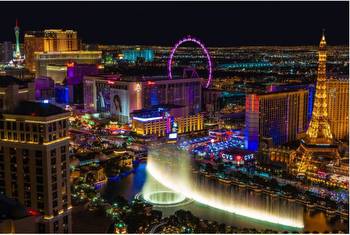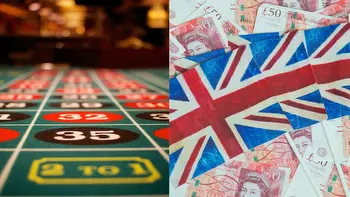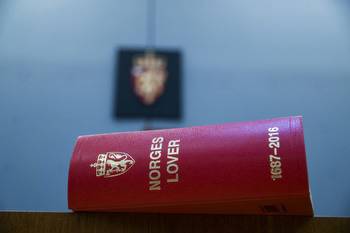Las Vegas of the Alps: Liechtenstein rejects casino gambling ban

Liechtenstein is a German-speaking, 15.5mi-long principality between Austria and Switzerland, known for its medieval castles, alpine landscapes and villages linked by a network of trails.
The principality’s capital, Vaduz, a cultural and financial center, is home to Kunstmuseum Liechtenstein, with galleries of modern and contemporary art.
Lichtenstein is not a member of the European Union (EU), but is a part of the European Economic Area, meaning it freely trades with all EU member states.
For decades now, Lichtenstein was considered a tax sanctuary, until it eased its banking laws in 2013 and joined an international forum to cooperate with international tax authorities.
In 2015, Lichtenstein has struck a deal with the European Union to exchange information with the authorities in Brussels on the accounts of EU citizens held by its banks.
Gambling has been legal in Liechtenstein only since 2017, but the country 1/10 the size of London now has a booming gambling industry, with six casinos currently operating there.
Recently, local anti-gambling group launched a campaign to ban gambling in Lichtenstein, claiming that the casinos posed “a big reputation problem” for the country that was at risk of becoming “a casino and poker hotspot in the middle of Europe.”
With casinos generating over $54 million in vital tax revenue for the country in 2022, Hans-Adam II, Prince of Liechtenstein and the state’s government officials strongly opposed the gambling ban.
According to Lichtenstein’s Deputy Prime Minister Sabine Monauni, casino gambling ban would be “too radical,” for the country and that gambling revenue is “relevant for our budget.”
Yesterday, during the national referendum, Liechtenstein voters shot down a measure to ban casinos in the country, with 73% of voters rejecting the ban and only 27% supporting it.
According to the country’s official government tally, nearly 70% of the principality’s 40,000 citizens took part in voting.








